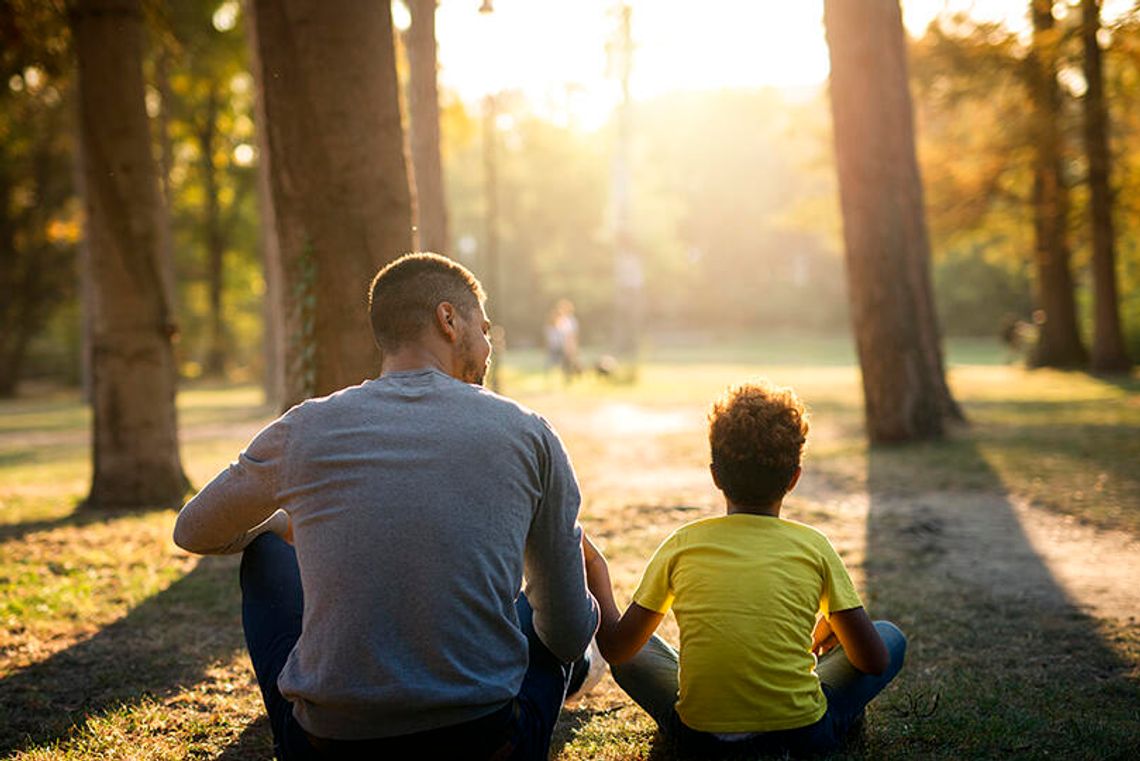In today’s ever-changing media landscape, norms around age-old notions like manliness are changing. Those of us raising young men in today’s world catch ourselves trying to figure out what exactly manliness looks like.
How do we raise men while avoiding toxic masculinity? How do we raise self-sufficient humans who are emotionally intact?
These questions have pained parents down through the centuries. They are not special to us because, when it comes to raising young men, manliness has never been a fixed idea. It has shifted right along with history.
In ancient times, manhood was all about being a warrior. That worked fine on the battlefield but didn’t hold up in peacetime.
In early America, being a man meant working your own land or running your own shop.
Then the Industrial Revolution came along and sent men into factories, where they started wondering if true manhood was even possible without independence.
Fast forward to the 20th century, and manhood became about being the breadwinner.
But when the economy tanked—or when women started entering the workforce in droves—many men felt lost.
And for much of history, manhood was tied to privilege. When those old hierarchies started breaking down, some men felt like their very identity was under attack.
When manhood is tied to cultural trends, it crumbles when those trends shift.
That’s why you see some guys clinging to a version of the past that doesn’t exist anymore — and others trying to redefine manhood so loosely that it loses all meaning.
Some sociologists argue that we are simply in another period of societal shifts as it relates to the definition on manliness.
I think I disagree.
If manhood will mean anything to the next generation, it must be planted in something that doesn’t depend on time, place or social status.
The ancient thinkers had it right.
Aristotle wrote that a good life is one of “eudaimonia,” the Greek word that basically means “human flourishing.”
For him, being manly wasn’t about dominance or toughness; it was about excellence. It was about using reason, virtue and discipline to become the best version of yourself.
The Romans had a similar idea. Their word for virtue was “virtus.”
It literally meant “manliness.” To them, being a man meant living with courage, self-control, industry and duty.
That’s the kind of manliness we should wish for our sons— not swagger or status, but virtue.
Virtue means being the best husband, father, friend or citizen you can be.
It means living with integrity, showing up when it matters and taking responsibility— even when it’s hard.
All of this is a process. Lord knows I’m not as good a husband as I should be all the time. But I try, and I own it when I’m not.
The same goes for fatherhood. I discovered a long time ago that there are no perfect parents. Me included, but that’s okay.
The most powerful words we can say to our children are, “I’m sorry.” There is virtue in admitting our faults and striving to do better.
With that honest effort comes forgiveness. Our children are the most forgiving people we’ll ever meet because forgiveness comes from a place of love.
Manliness isn’t confined to one type of man, either. It shows up in the soldier and the teacher, the firefighter and the stay-at-home dad.
It can be loud and heroic or quiet and steady. As long as it’s real — that’s what matters.
Anytime we go down this road, someone always asks, “Shouldn’t women also aim for these same virtues?”
Absolutely they should.
There are two ways to define manhood. One is to say it’s the opposite of womanhood. The other is to say it’s the opposite of childhood.
I opt for the second. So, “manhood” is really “man(kind)hood” or adulthood.
Childhood is self-centered and dependent.
Adulthood is about courage, service and self-discipline. It’s about growing up.
When men live out those virtues, that’s manliness. When women do, that’s womanliness. Both are reaching for the same moral peak, just maybe walking different paths to get there.
Political scholar Waller Newell put it well, “Both men and women can aim for the highest virtues—honor, wisdom, courage—even if their ways of getting there differ.”
So, manhood is not a matter of changing gender norms.
And manliness isn’t outdated, toxic or exclusive. It’s not about being tougher, louder or richer. It’s about becoming a better human being—strong, steady and good.
Rome wasn’t built in a day. It is a process. As long as we are still here, we are growing and learning and striving to be better.
We mess up and we learn. We forgive and we are forgiven.
We celebrate our victories and own our mistakes. We engage in our community, love our family and plant trees for future generations to climb.
That kind of man(kind)hood will never go out of style.

